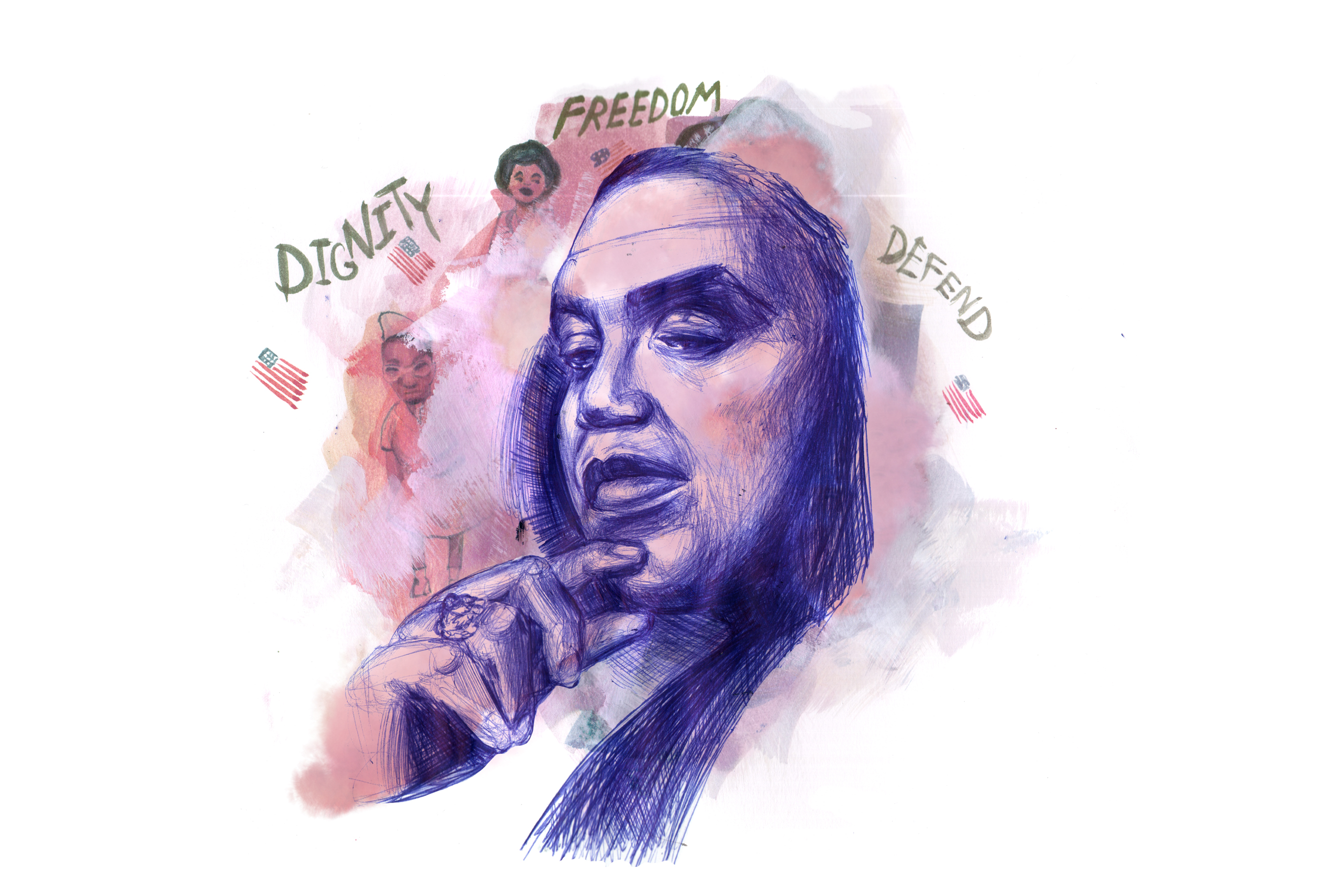Andrei Yuri
Even among the dreariest days there is sun. This time the credit goes to congress: to John McCain, Russell Feingold, Martin Meehan, Christopher Shays and to all of those that walked the arduous and long road to campaign finance reform. Our own senator Ron Wyden voted for it, and even Gordon Smith deserves credit for opposing a filibuster, thereby defeating the last major possibility of delaying a senate vote.
The light at the end of the tunnel approaches. The House campaign reform bill, sponsored by Meehan and Shays, passed recently and now awaits final approval by the Senate. A similar version, sponsored by McCain and Feingold, passed through the Senate last April. Now all that remains is to reconcile both versions and to receive a signature from President Bush.
Barring any unforeseen developments, the bill should be signed into law soon. It couldn’t have come a better time. Soft money, those funds given informally to party organizations for general campaigning, has risen sharply in the last decade – from about $87 million in 1994 to roughly $448 million in 2000. Though soft money cannot be directly used to advertise for or against a specific candidate, parties have found loopholes that allow them to do so indirectly, through issue ads and other means.
In the form of soft money, unrestricted donations can be made to parties with the assumption that the funds will go to a support a particular candidate. The largest donors in 2000 were AT&T, the Bank of America, Philip Morris Co., Microsoft, Verizon Communications, Federal Express, the NRA and Blue Cross & Blue Shield. Each gave over $1 million, and AT&T gave over three times that much. Through this process, major corporations and wealthy individuals can engage in influence purchasing and implicitly threaten politicians with withdrawing funds.
Under the new campaign finance legislation, all soft money would be prohibited. Instead, donations would be made in the form of hard contributions only, which will be limited to $2,000 to candidates and $30,000 to parties. Limits on contributions can be raised when an opponent is extremely wealthy, and money paid for “issue ads” faces new restrictions.
Therefore, the legislation is likely to force candidates to get smaller sums of money from a greater number of contributors. Multimillion dollar contributions will disappear, and large donors will have to stop at the maximum. Aside from that, the effects of campaign finance reform are unclear. Some argue that Republicans will benefit, others argue that Democrats are best positioned to take advantage of new rules. Most agree that large assemblages of individuals that can collectively contribute will become more influential in campaign funding.
Whatever its consequences, one thing is clear: this legislation is one step up a high staircase. As John McCain said, “The day this bill is passed, smart guys down on K Street – the ones who are making millions under the present system – will be figuring out loopholes to try to get around it. And they will succeed to some degree.”
The ultimate goal of campaign finance, as far as I’m concerned, is to make private donations a less important part of the campaign process. The bill passed in the House and Senate – supported overwhelmingly by Democrats and liberal/moderate Republicans, and opposed by conservative factions – is a great beginning. There will likely always be tension in the campaign finance process as moneyed interests seek to contribute to financing by any means. The major challenge to congress, and one it has met this time, is to continue passing legislation that works toward an honest and populist electoral process.
And for now, the congressmen who worked tirelessly to pass this legislation deserve many drinks tilted on their behalf.




